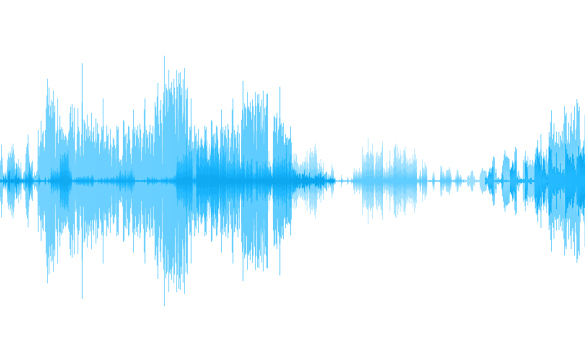Philadelphia, May 13, 2024 – Firefighters are burdened by a disproportionate risk of many cancers (e.g., digestive and respiratory cancers) compared with the general population. Their experiences with cancer and their views on the extent to which diet can help decrease cancer risk have been explored previously. That research sheds light on the relationship between dietary habits and cancer prevention awareness within the firefighting community. Understanding their perceptions can guide the development of targeted interventions to mitigate cancer risks, emphasizing the role of diet in cancer prevention among firefighters.

Credit: Journal of Nutrition Education and Behavior
Philadelphia, May 13, 2024 – Firefighters are burdened by a disproportionate risk of many cancers (e.g., digestive and respiratory cancers) compared with the general population. Their experiences with cancer and their views on the extent to which diet can help decrease cancer risk have been explored previously. That research sheds light on the relationship between dietary habits and cancer prevention awareness within the firefighting community. Understanding their perceptions can guide the development of targeted interventions to mitigate cancer risks, emphasizing the role of diet in cancer prevention among firefighters.
A recent research article in the Journal of Nutrition Education and Behavior, published by Elsevier, examined American firefighters’ understanding of cancer history, attitudes towards cancer, and views on diet as a preventive measure against cancer.
Author Ashlea Braun, PhD, RD, TSET Health Promotion Research Center, Stephenson Cancer Center, University of Oklahoma Health Sciences Center, explained, “Given the connection between diet and cancer risk and the risk of cancer among firefighters, it is of paramount importance to understand how these risk factors can be mitigated through evidence-based interventions.”.
The study employed a mixed methods cross-sectional design, reaching out to professional networks across the United States to recruit a national sample. The survey collected data on participants’ cancer history and perceptions of nutrition’s role in cancer prevention, using both quantitative and qualitative questions based on established surveys and the Health Belief Model, a tool to help predict health behaviors.
Data analysis included quantitative assessment via SPSS statistical software and qualitative content analysis, seeking to understand dietary changes for cancer risk reduction. A rigorous coding process was used to identify intervention strategies and nutrition-related factors. Specifically, qualitative responses were coded using the Behavior Change Technique Taxonomy Version 1 (BCTTv1) to operationalize what firefighters reported wanting to help them change their diet into evidence-based, established behavior change techniques to inform future interventions.
A total of 471 firefighters participated. Nearly half (48.4%) strongly agreed that they are at risk for cancer, and 44.6% agreed that changing diet could decrease cancer risk. The most common BCTTv1 codes focused on types of education, including “Instruction on how to perform the behavior” (45.1%, n = 189), followed by those centered on behavior execution (e.g., “Action planning” [24.8%, n = 104]). Qualitatively, many were concerned about misinformation and wanted to know exactly what level of risk reduction they could achieve by changing their diet. Many also voiced concerns regarding system-level barriers, such as their fire station food environments.
The study suggests that beyond macro- and micro-level modifications to the food environment, firefighters express a desire for individualized support that addresses their specific risks and helps implement changes with the most significant potential to lower their cancer risk. The COVID-19 pandemic has heightened concerns over misinformation, including in areas related to nutrition, emphasizing the need for credible, specific information that can help in making informed dietary decisions. Future research is encouraged to take these findings into consideration for developing firefighter-focused interventions and to explore similar strategies for other tactical populations.
Dr. Braun commented, “Consistent with previous studies, we found firefighters are aware of their increased risk of cancer and have a willingness to change their diets to promote health. Although there was some doubt about the effects of diet on cancer risk, most participants without a history of cancer believed diet change could lower their risk of cancer.”
Journal
Journal of Nutrition Education and Behavior
Method of Research
Survey
Subject of Research
People
Article Title
Perceptions of Preventable Cancer Burden Among US-Based Firefighters: A Mixed Methods Cross-Sectional Study
Article Publication Date
6-May-2024



